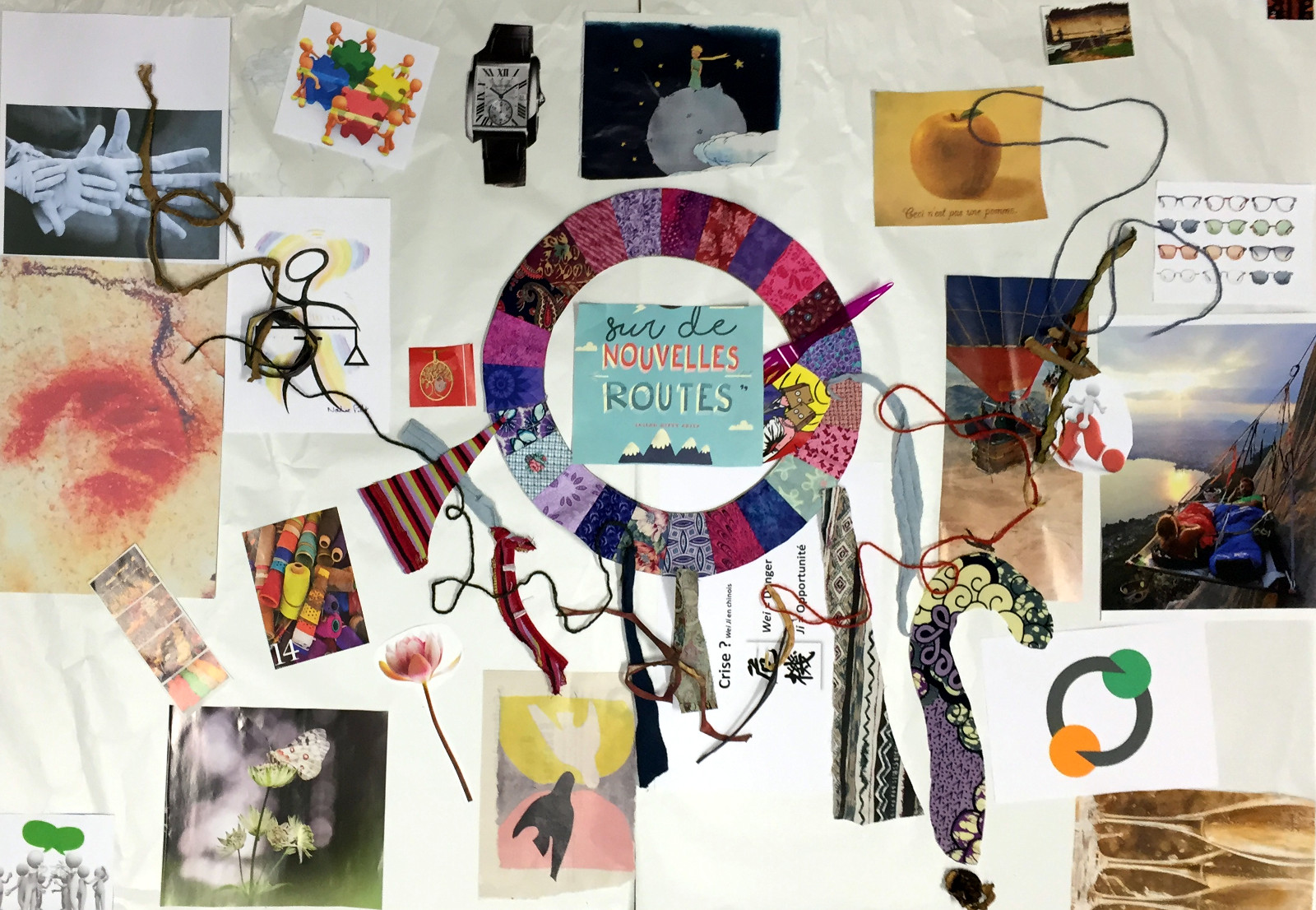Work on One’s Sense of Self and One’s Sense of Belonging to Wider
Systems During Training in Family Systems Therapy:
Using the Concept of a Path of Floating Objects1
Alain Chabert
EcoSystèmeAssociation
“Gnoti Seauton” (Know thyself) was inscribed in the forecourt of the Temple of Appollo at Delphi.
As told by Plato in Philebus, Socrates’ teachings relied on this precept. He insisted on the
importance of avoiding what he called double ignorance (not being aware of one’s ignorance) in
order to perform a critical analysis and to achieve virtue as well as the virtue of dialogue.
Montaigne also used the Know thyself notion. “It is myself I paint”, he wrote, while adding that
“Every man bears the whole stamp of the human condition”.
In this paper, we intend to show how the approach used during the four‐year course for family
systems therapy training at our Institute, the Eco Système Association (ESA), integrates work on
one’s sense of self, for which we use the concept and practice of ‘floating objects’.
I would like to emphasise our work owes great deal to Philippe Caillé and Yveline Rey, who
invented the concept of floating objects.
I. Presentation of the family systems therapy training programme at ESA
The training course, which lasts four years, comprises three cycles: the first cycle lasts two years
while the second and third cycle each last one year.
The training centre and the family therapy team work very closely. ESA and the functional unit of
systems therapy are two aspects that must complement each other.
The training programme comprises four compulsory items that students study simultaneously
during the first two cycles of training: systems theory; systems interview (also called guided
training); work on one’s sense of self and one’s belonging to wider systems; and internship‐all
along the 4 years.
The training programme and all its contents use the concept of floating objects. This concept,
consistent with the constructivist view of family therapy, is extremely rich and is particularly
adequate in both initial and continuous training as well as during later supervised sessions. The
use of floating objects enables students to get rid of the concept of objective reality and to explore
1 Based on Oral Presentation at the 9th EFTA-TIC Trainers’ Meeting in Belgrade, Serbia, September 2015.
